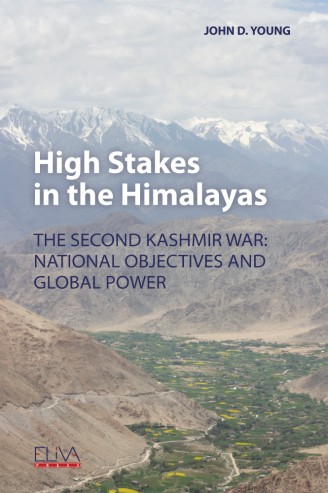Description
The Kashmir Conflict has, for nearly eighty years now, mirrored both the interstate relations of India and Pakistan as well as the structure of global political power. This account and analysis of the Second Kashmir War provides a thickly textured description of the interactions between South Asia's enduring rivals during this tumultuous and, it can be credibly argued, decisive confrontation of collective wills. It does so by reporting both countries' political leaders' statements of their respective national objectives. Goal articulation is employed here as a means of analyzing the nature and scope of the issues at stake in this high-intensity trial by fire. Juxtaposed with the complex interplay of competing national purposes, the impact of a secondary level of interstate relations, namely those engaging the polarizing powers of the times - the United States, the Soviet Union, and the People's Republic of China, is integrated within the analytical framework so as to provide an accurate stocktaking of the war's trajectory and outcomes. It is at these junctures- the interrelationships between Pakistan and India on the one hand, and their respective interactions with the three principal intervening powers, on the other, that the Second Kashmir War becomes readily intelligible in its significant dimensions. Lessons that can be applied in preventing, short-circuiting, and terminating what have been termed the New Wars of the 21st century form part of this book's contents.




